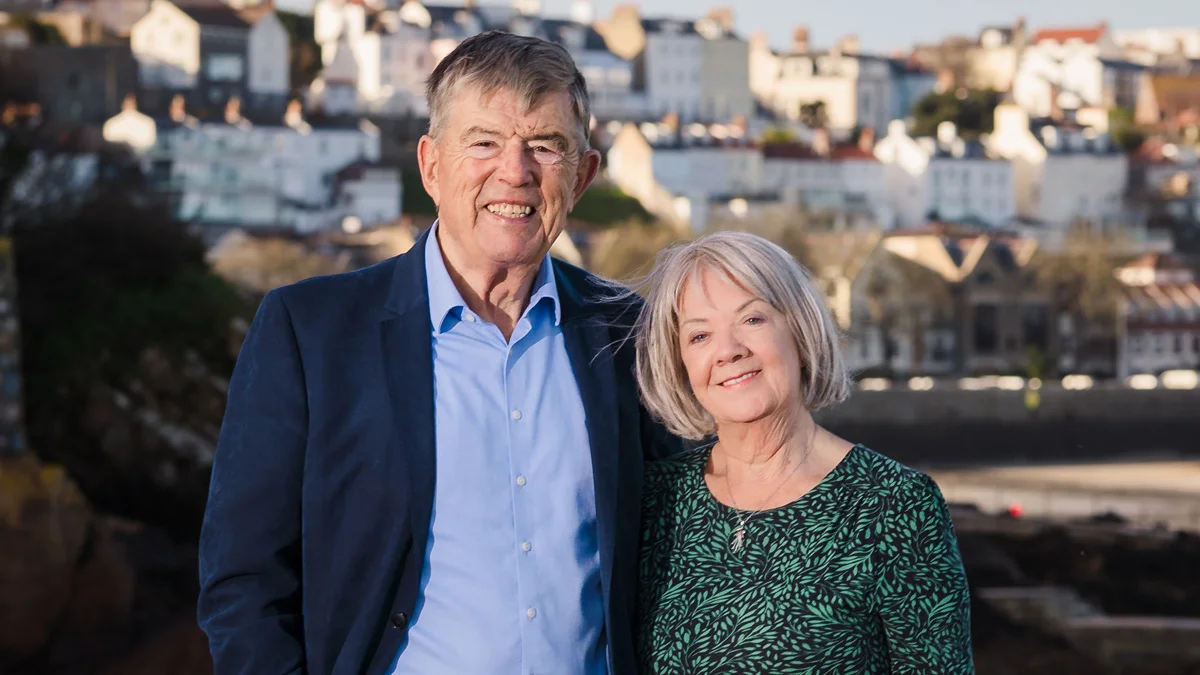
The founders of some of the world’s most successful companies started out by bootstrapping – building their business using just personal finances or operating revenue. This allowed the founders to retain 100 per cent ownership and control of the business for as long as possible – and some still have it.
Although bootstrapping a business can limit your resources, it can also encourage speed and focus, says Deniz Ucbasaran, professor of entrepreneurship at Warwick Business School. “Entrepreneurs can also become creative,” she adds. “As they say, necessity is the mother of invention.”
Here are the businesses that did bootstrapping best…
Virgin Group
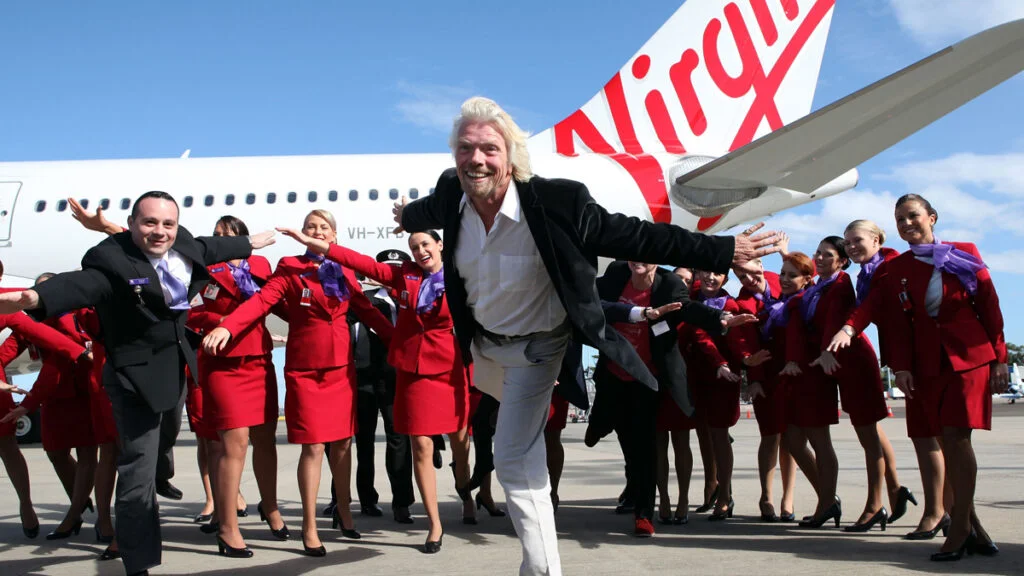
Sir Richard Branson’s business empire began when he dropped out of school aged 16 to launch Student, a magazine for young people. He sold almost £5,000-worth of print advertising in its first run of 50,000 copies in 1968, later growing its circulation to 100,000.
In 1970, Branson turned the magazine into a mail-order record retailer, opening his first store in 1971. Using the store’s revenues, he co-founded Virgin Records with Nik Powell in 1972. Virgin’s first release, Mike Oldfield’s Tubular Bells, sold more than five million copies and, aided by controversial signings such as the Sex Pistols, Branson grew his estimated net worth to £5m by 1979.
With forays into air travel, space travel, gyms, banking, telecoms, media – and even a failed attempt to rival Coca-Cola – the Virgin Group now consists of more than 40 companies across 34 countries which employ more than 70,000 people (see page 35). Although Virgin has attracted high-profile partners and investors to work on its different ventures, including Stagecoach in trains and One-2-One in mobile, the Branson family still own 100 per cent of the main business and brand.
Writing in the US magazine and website Entrepreneur, he said: “Our partnerships turn out best when we find an investor who takes a minority stake in a venture and provides capital and support, but leaves us to run the business and hire key employees. When you are evaluating a proposed partnership, do not focus only on the capital you need to kickstart your business.”
Gymshark

When Gymshark sold a 21 per cent equity stake in 2020 it achieved unicorn status – a business valued at $1bn or more – having previously raised no external funding.
The fitness apparel brand was founded by Ben Francis in 2012 while at Aston University and bootstrapped from his bedroom while he worked as a delivery driver for Pizza Hut across Birmingham. Gymshark started out dropshipping supplements, meaning it was selling online without owning or operating the locations where its products were made or stored.
On an episode of the How Success Happens podcast, Francis said: “Because we were dropshipping, we didn’t need sales because we didn’t really have any costs.”
However, costs began to increase once the firm pivoted to manufacturing fitness apparel. Using the money he earnt as a delivery driver, Francis bought a sewing machine and screen printer and spent the next two years making athletic wear by hand.
The company got its big break after spending £3,000 to set up a stand at a fitness expo, which Francis quit his job and dropped out of university to attend. After the event, the website was inundated with orders and went from generating £300 a day in revenue to £30,000 in 30 minutes. Gymshark spent the next couple of years attending fitness expos around the world, building the brand.
Today, the company employs more than 900 people, has customers across 230 countries and boasts a social media following of more than 18 million.
Bet365
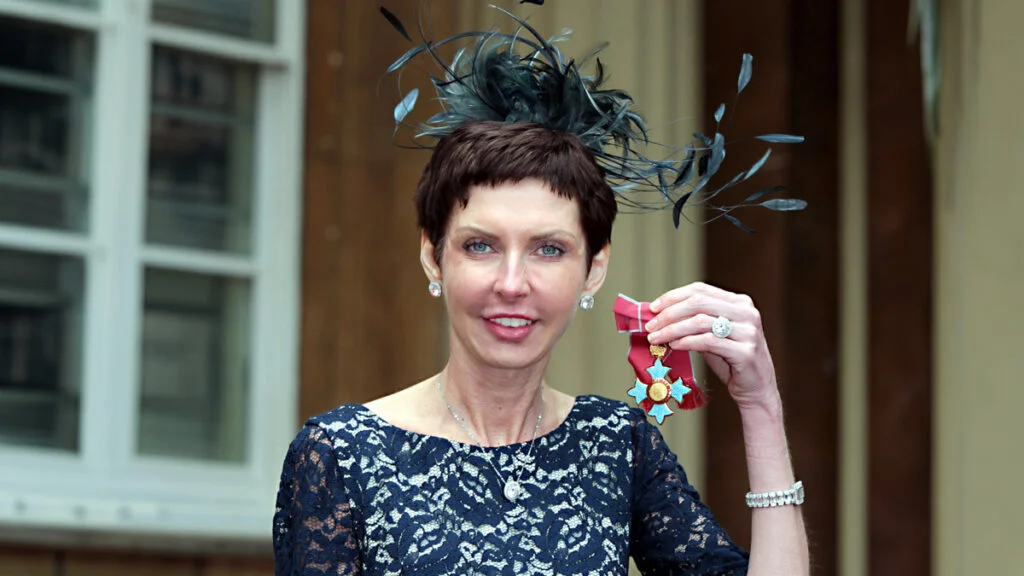
Denise Coates began her career working in her father’s bookmaking firm, Provincial Racing. She was initially employed in the cashiers’ department but, after leaving university, worked there as an accountant. She eventually becoming managing director of the small chain of shops in 1995.
In January 2000, Coates purchased the domain name Bet365.com for £20,000 and launched it as an online betting site the next year. It started with just 12 employees, one of whom was Coates’s brother John, who she convinced to join as co-CEO. The two of them met with numerous private investors but failed to secure investment, instead borrowing £15m from RBS in a loan secured against the family’s betting shop estate.
Coates recalls working round the clock from a Portakabin in the car park of one of her father’s shops in Stoke-on-Trent to build the company.
Speaking to The Guardian, she said: “You start a 24/7 business and you work 24/7. When you’re not here [in the office], you take calls in the middle of the night, regularly – that’s how the early days were.”
By 2005, the online gambling brand had become so successful that Provincial Racing was sold to betting shop chain Coral for £40m and the RBS loan was repaid. Today, Bet365, which is still 93 per cent owned by the Coates family, has more than 90 million customers and more than 7,000 employees worldwide. Its revenues reached £3.39bn in 2023.
In 2018, the firm announced plans to expand to the US following a ruling that allowed states to regulate sports betting. When Coates was awarded a CBE for services to the community and business in 2012, she reflected on the firm’s beginnings.
“We mortgaged the betting shops and put it all into online. We knew the industry required big start-up costs but we gambled everything on it.”
Hargreaves Lansdown
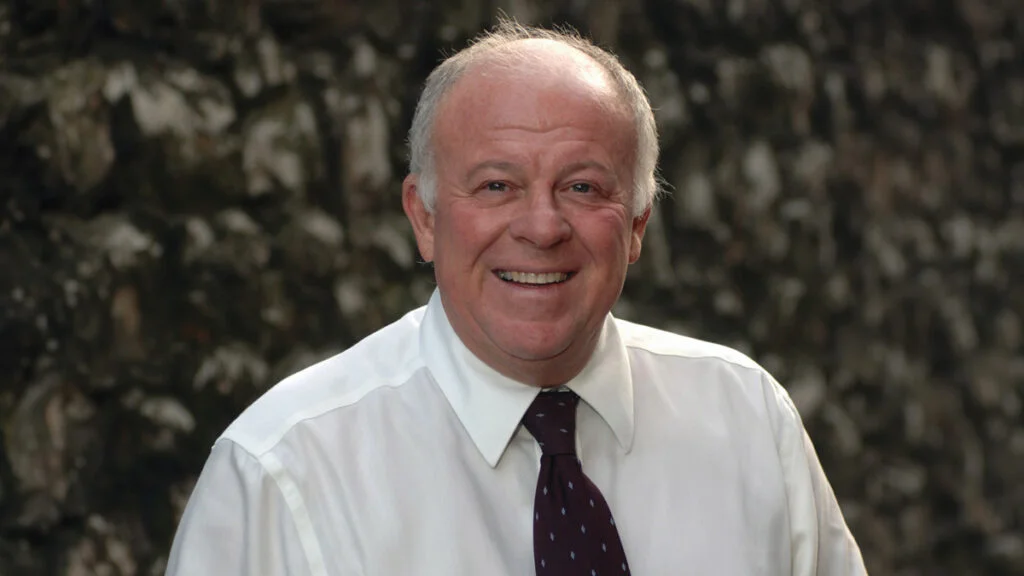
Peter Hargreaves has a claim to greatness he thinks has gone unrecognised: that he and his business partner, Stephen Lansdown, are the only entrepreneurs to have built a FTSE 100 company without borrowing a penny.
The pair founded Hargreaves Lansdown in Bristol in 1981 and by the time they floated 25 per cent of the equity in May 2007, it was valued at £800m. After peaking on the FTSE 100 with a value of almost £9bn, the funds supermarket has been relegated to the FTSE 250 and is now worth £3.3bn.
The business began in Hargreaves’s front bedroom. “We were exceedingly mean when we started,” admits the 77-year-old Lancastrian billionaire. “We had one borrowed desk, one second-hand desk and we bought a desk because we had a secretary and we didn’t think we should sit her at a sloppy desk. We never spent a penny where a halfpenny would do.”
Being in financial services allowed growth without the large-scale investment a sector such as manufacturing might demand. All the same, says Hargreaves, they didn’t have “silly overheads”. “We didn’t buy expensive office equipment. We didn’t have flashy offices.”
So why the public offering? “Stephen did want to take some money off the table, which is always wise. I didn’t. And then we had a third very important member of the team, Theresa Barry [marketing director]. She was the deciding factor," he recalls.
“She said that if we were a public company, our accounts were made public and we had outside shareholders, we would be more challenged. And quite rightly so.”
Home Bargains
British variety store chain Home Bargains was founded in Liverpool as a single store called Home and Bargain in 1976. Its founder, Tom Morris, is a third-generation shopkeeper whose parents’ approach was to sell products at the best possible price. If Morris’s parents could not source products at the right price, they, along with Morris and his six siblings, made them themselves.
Home Bargains has operated under these guiding principles ever since, keeping many of its processes in-house. This includes product sourcing and IT development. Growing conservatively and organically over the years meant that despite a £3.6bn valuation in 2019, the chain was debt-free and owned many of its stores.
Today, it is one of the UK’s largest privately owned companies. Home Bargains has more than 500 stores and more than 22,000 staff, while revenues for the year ending June 2023 hit just under £3.8bn. Despite its growth, it remains family-run and family-owned.
Specsavers
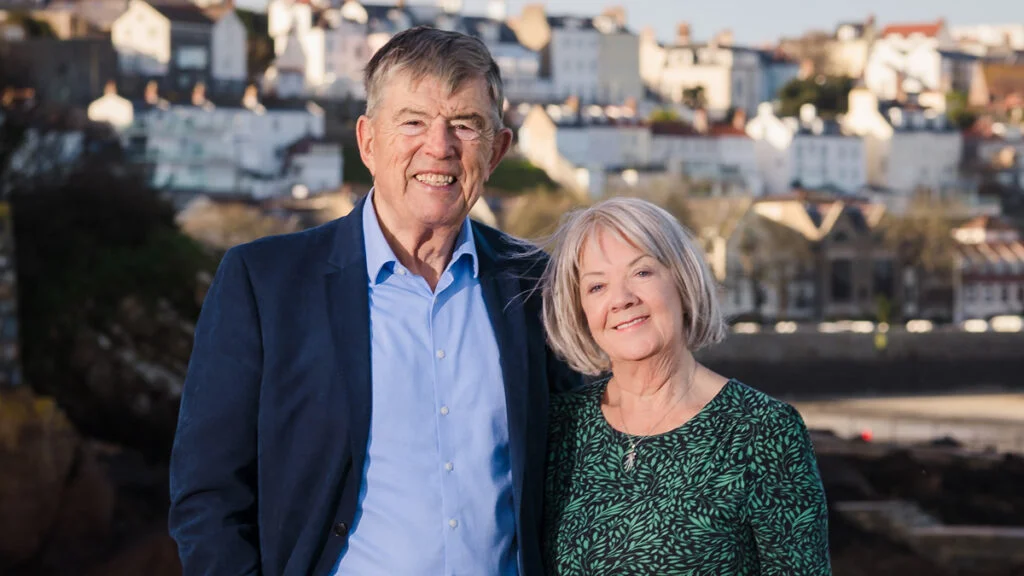
Doug and Mary Perkins founded Specsavers in 1983 using some of the proceeds from selling a previous small chain of opticians, which meant they didn’t need external finance. Nevertheless, they kept the business lean. For the first three months, they had just two members of staff and used a ping-pong table for a desk.
In 1984, Specsavers launched in Guernsey amid a change in regulations that allowed professional opticians to advertise their products and services. Specsavers took advantage by providing a joint venture partnership. Opticians would be based in their own shops, own half the business and keep store profits, while Specsavers took a management fee for marketing, shop fittings, auditing, training and other support.
By reinvesting profits, the chain expanded to Ireland in 1990 and opened its 350th UK store in 1999. Today Specsavers has more than 4,000 partners and a total turnover of £3.55bn. Specsavers remains family-owned and has never considered selling equity.
River Island
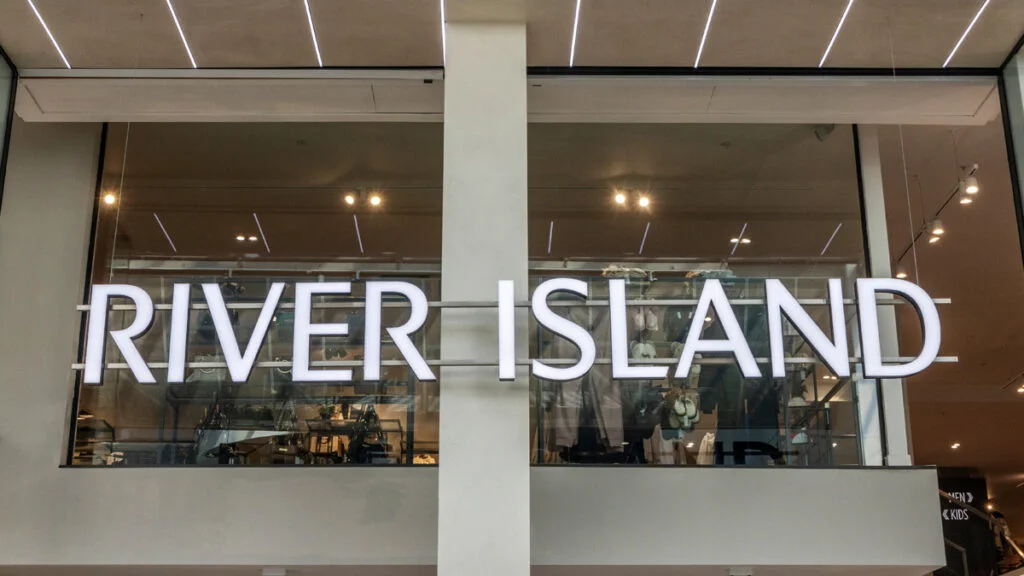
Fashion brand River Island was established in east London in 1948. Founder Bernard Lewis sold fruit, then knitting wool and eventually women’s clothing. One of the UK’s first vertical fashion retailers, River Island began in-house design and production in the 1940s.
Its first design, a white, lace-trimmed blouse with capped sleeves, was sold in 1950. Lewis’s three brothers joined the firm, then known as Lewis Separates and, by 1955, it had nine stores. Lewis said the family had nonetheless benefitted from “some wonderful, first-class executives”.
In 1965, the then 70-store empire rebranded as Chelsea Girl, before eventually becoming River Island in 1988. Today, the firm also offers menswear, childrenswear and pet collections, but its products are still designed in-house. Its turnover rose 11.6 per cent year on year to £825.8m in 2022.
However, operating profits at the family-owned firm dropped 90 per cent.
Dyson
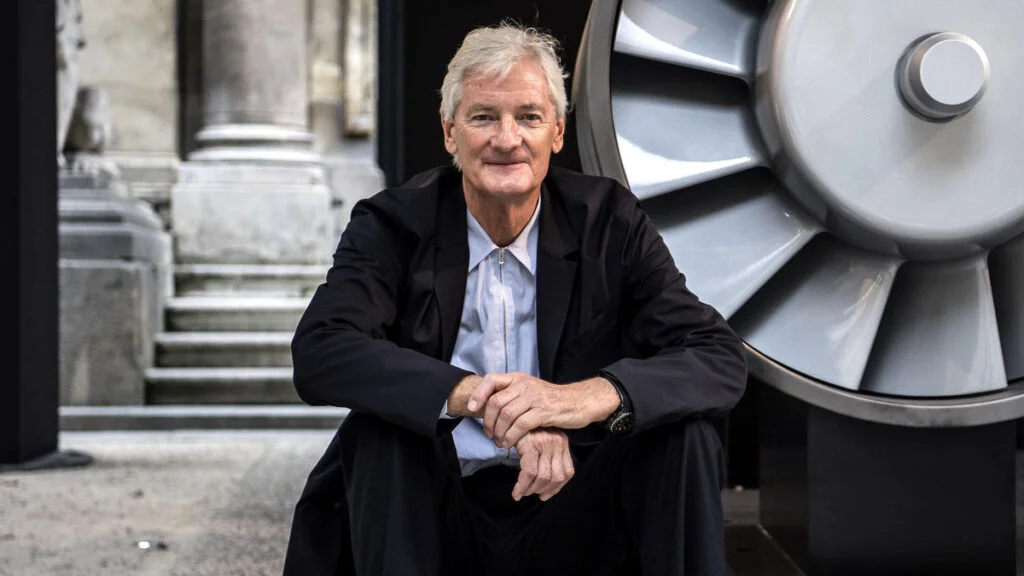
In February 1979 Sir James Dyson was booted out of the company that produced his Ballbarrow – a barrow with a sphere – and he lost his patent and his business.
“I learned the importance of having absolute control of my company and not undervaluing it,” he recalls in his 2021 memoir, Invention: A Life. “I was determined not to let go of my own inventions, patents and companies.”
For the next 15 years Sir James lived in debt while he worked on a prototype for a bagless vacuum cleaner. Not just one prototype, it took him 5,127 to design a satisfactory model that he could license.
At a time when you could buy a vacuum cleaner for £40, Sir James sold his for £199. And they have sold in their tens of millions. “A lot of entrepreneurs never charge enough,” Sir James, 77, told BBC Radio 4. “And if you don’t make money, you go bust.”
By 1995, two years after the vacuum cleaner’s launch, Dyson was turning enough profit to tear up the bank guarantees. Sir James and his family are now worth £23bn, according to the Sunday Times Rich List. Earlier this year, his company reported sales of more than £7.1bn and profits of £1.4bn. Dyson employs 3,700 staff in the UK, with research centres here and in Singapore, Malaysia and the Philippines.
An aborted electric car project cost Dyson £500m. But he can afford to fail: “When you own the whole company, and especially if you are free of debt, from the early days and for better or for worse, all decisions are your own.”
The White Company
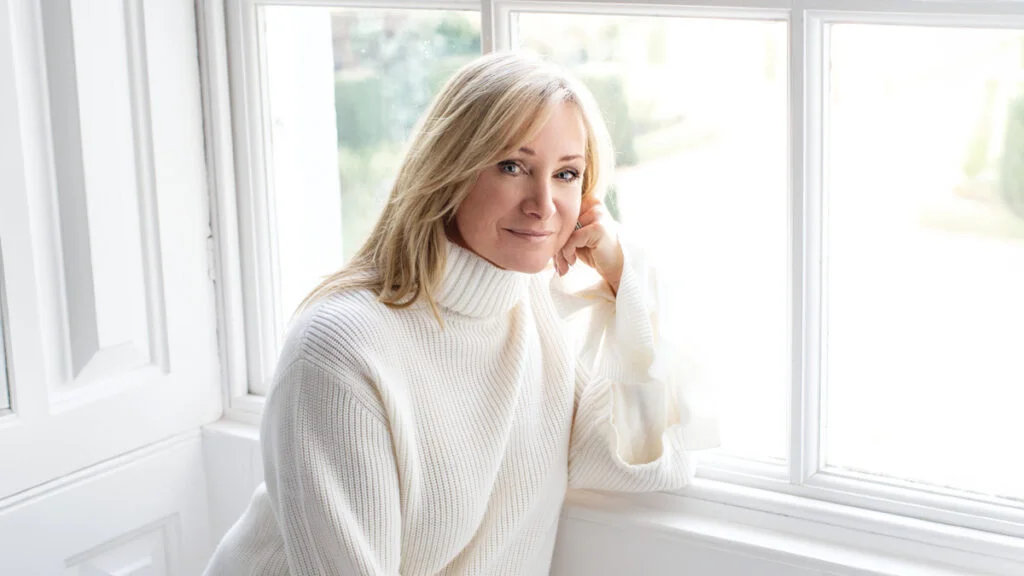
Chrissie Rucker started The White Company in 1994 with £6,000 from the sale of shares her grandmother left her. Today the luxury homeware-to-clothing brand boasts more than 60 stores and concessions in the UK and reported sales of almost £280m in its most recent accounts.
Rucker’s business started with a 12-page mail order catalogue after Rucker furnished her then boyfriend Nick Wheeler’s home in the 1990s. “Back then, there were two ends of the scale: designer department store (fantastic quality, beautifully designed but expensive) and high street (poorly made but cheap). There was nothing in between and that was where the idea for the White Company came from,” Rucker explained to The Sunday Times.
Over 30 years, Rucker, 55, has only taken one investment – from fellow entrepreneur Wheeler. “I had a temporary cash flow issue,” she said. “Nick gave me £5,000 in exchange for 25 per cent of the business.” But after he failed to propose, Wheeler recalled: “She marched into my office with £5,000 in cash, and said: ‘I want my shares back, and I think the relationship is over.’ I was in a state of shock, and that was the end of my 25 per cent of the White Company.”
When they married soon after, Rucker handed him 1 per cent of the company. Last year the couple’s wealth was put at £400m by The Sunday Times Rich List: Wheeler owns clothing brand Charles Tyrwhitt Shirts.
During the week, they reside in Holland Park, west London, and at weekends they descend on their stately pile in Buckinghamshire.
JCB
Joseph Cyril Bamford founded heavy equipment manufacturer JCB in a tiny lock-up garage in Uttoxeter in 1945. Using a £1 welding set, wheels and tyres from a Grumman Hellcat fighter aircraft, and hubs from a small howitzer, Bamford built his first vehicle, an all-steel tipping trailer.
It was taken to market and sold for £45 (equivalent to about £2,400 today), and the buyer’s old cart was taken in part exchange. After refurbishing the cart, Bamford sold that for £45 too.
Bamford invented the world’s first backhoe loader, the MkI excavator, in 1953. By 1964, JCB had hit sales of £8m (equivalent to £203m today) and started exporting to the US. Today, the company manufactures more than 300 different machines and sells them in more than 150 countries.
Sales increased from £4.4bn in 2021 to £5.7bn in 2022, making JCB one of the UK’s most successful family owned businesses. Anthony Bamford, now Lord Bamford, succeeded his father as boss in 1975.
He believes if JCB had been a plc, he couldn’t have made the long-term investments required. He told The Standard that City investors wouldn’t hold by the family motto: “Stick and stay and make it pay.”
Overseas bootstrappers
Dell
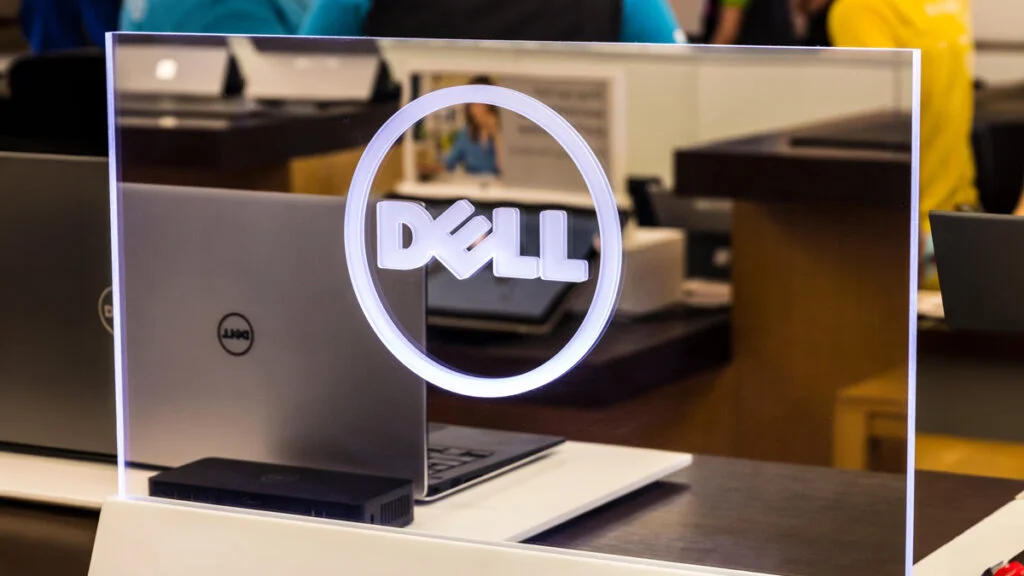
Originally called PC’s Limited, technology giant Dell started in a University of Texas dorm room in 1983 when founder Michael Dell began selling disc drives and memory chips to computer enthusiasts.
By January 1984, Dell learnt that local distributors of IBM computers were being forced to buy too much inventory, so he started buying the excess computers at a discount and flipping them for a profit.
He discovered he could repackage IBM PC components for up to 40 per cent less with a direct-sales model that saw him take orders by mail and phone, assemble the PCs and ship them in between one and three weeks.
Within three months, Dell was generating $80,000 a month and its founder quit college. By 1986, Dell’s revenue had grown to $34m and when the firm went public in 1988, Michael Dell sold $30m in stock to become a multimillionaire.
Dell went back into private ownership at a valuation of $24.9bn in 2013, moved into data storage with the acquisition of EMC, and has more than quadrupled its value post-acquisition.
Mailchimp
Founded by Ben Chestnut and Dan Kurzius using severance money in 2001, Mailchimp is an email and marketing automation platform based in Atlanta, Georgia.
Much of Mailchimp’s success has been attributed to its business model, which saw it implement a freemium model that means users have access to a free version of the service but can pay for additional tools.
Mailchimp was acquired by Intuit in 2021 for $12bn but before that took no outside investment. That didn’t stop its growth, with the business generating an annual turnover of around $800m in 2020.
In an interview with US publication TechCrunch, Chestnut was asked whether he would consider accepting investors to Mailchimp. His response? “Today, I have two constituents to worry about: customers and employees. To have a third called investors? No, I can’t do that.”
Related and recommended
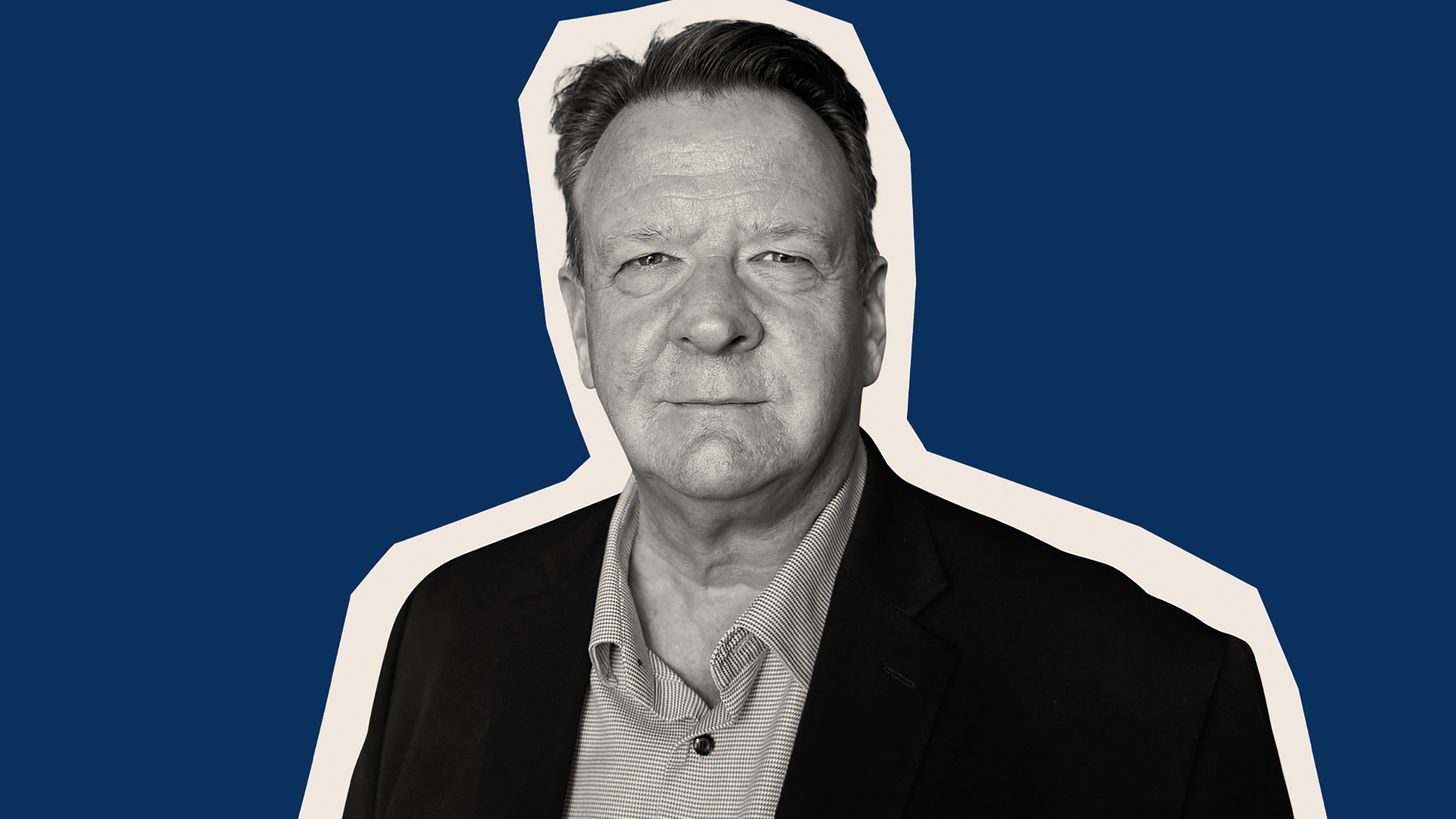
Steve Brass explains how he promotes psychological safety at work to foster innovation
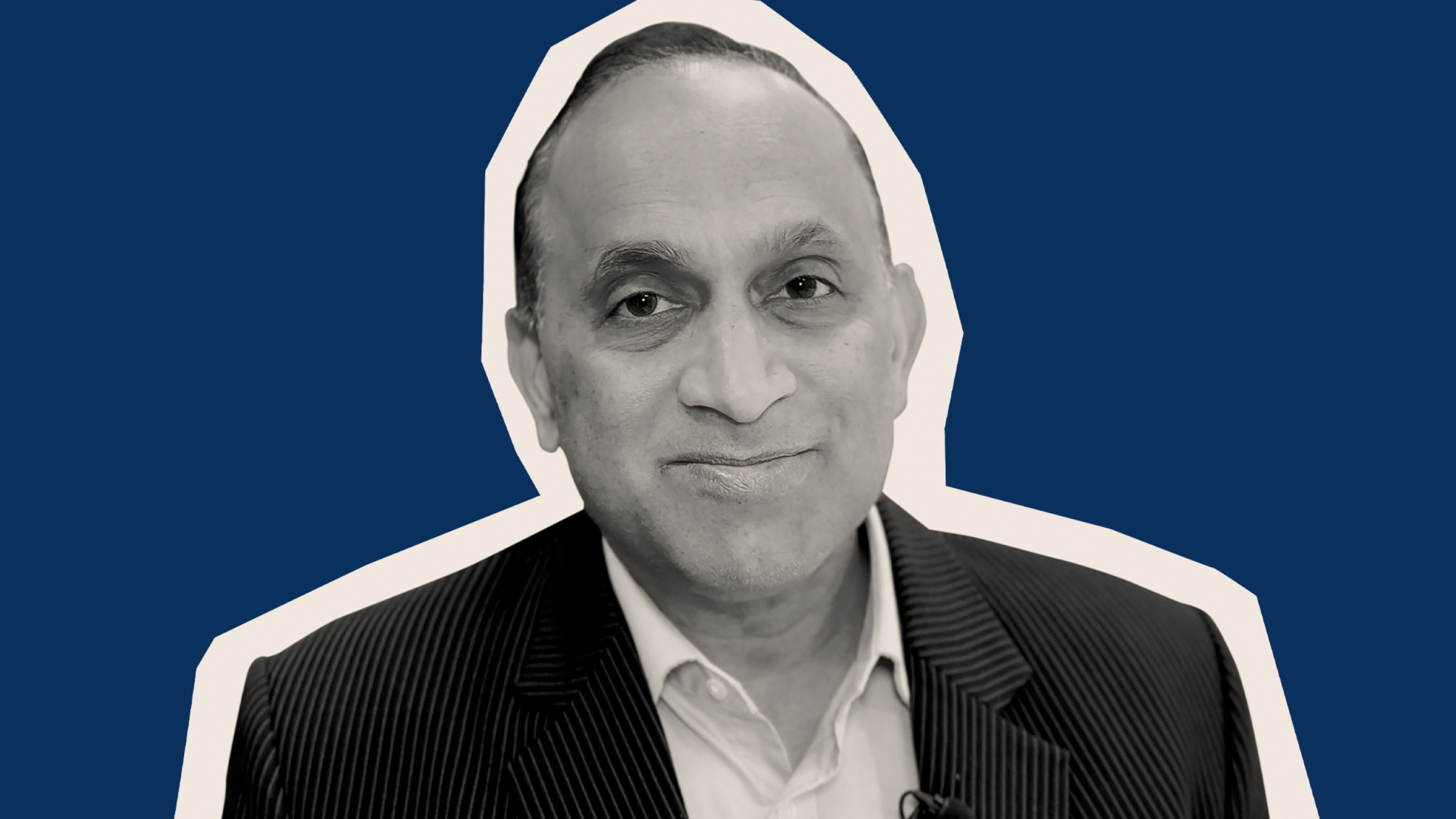
Major career setbacks can be moments to take stock and recalibrate, according to US tech boss Sanjay Poonen
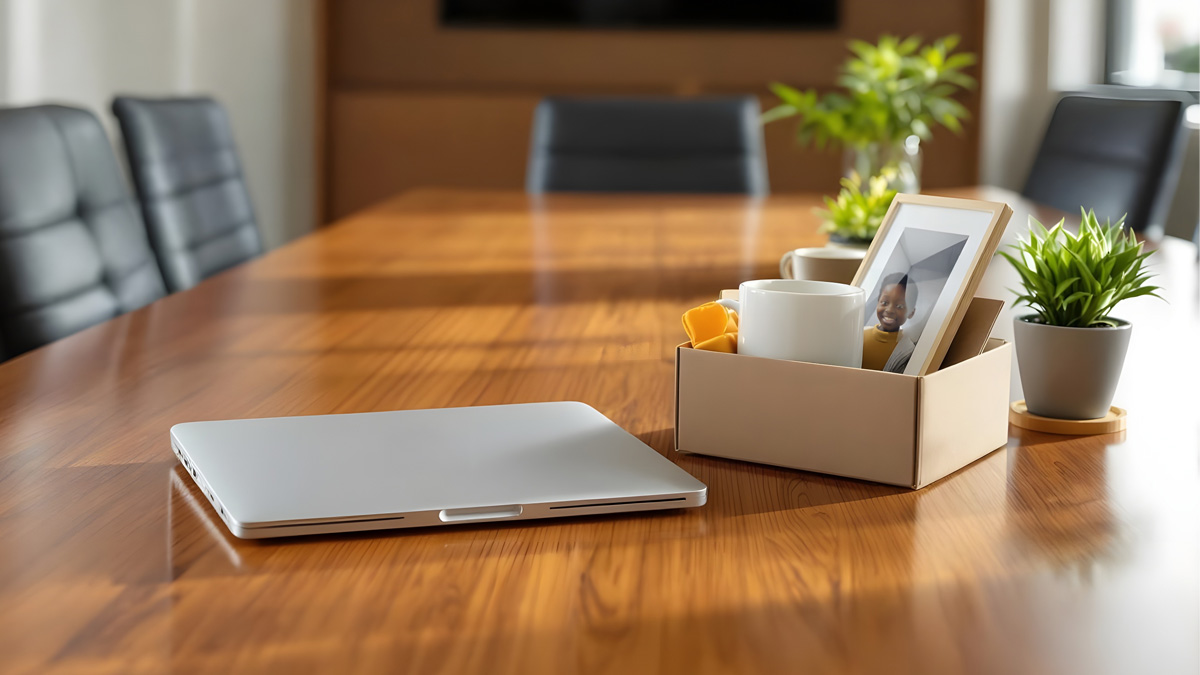
Taking a proactive approach to a future sale can help boost value, avoid costly mistakes and prepare you personally for the transition
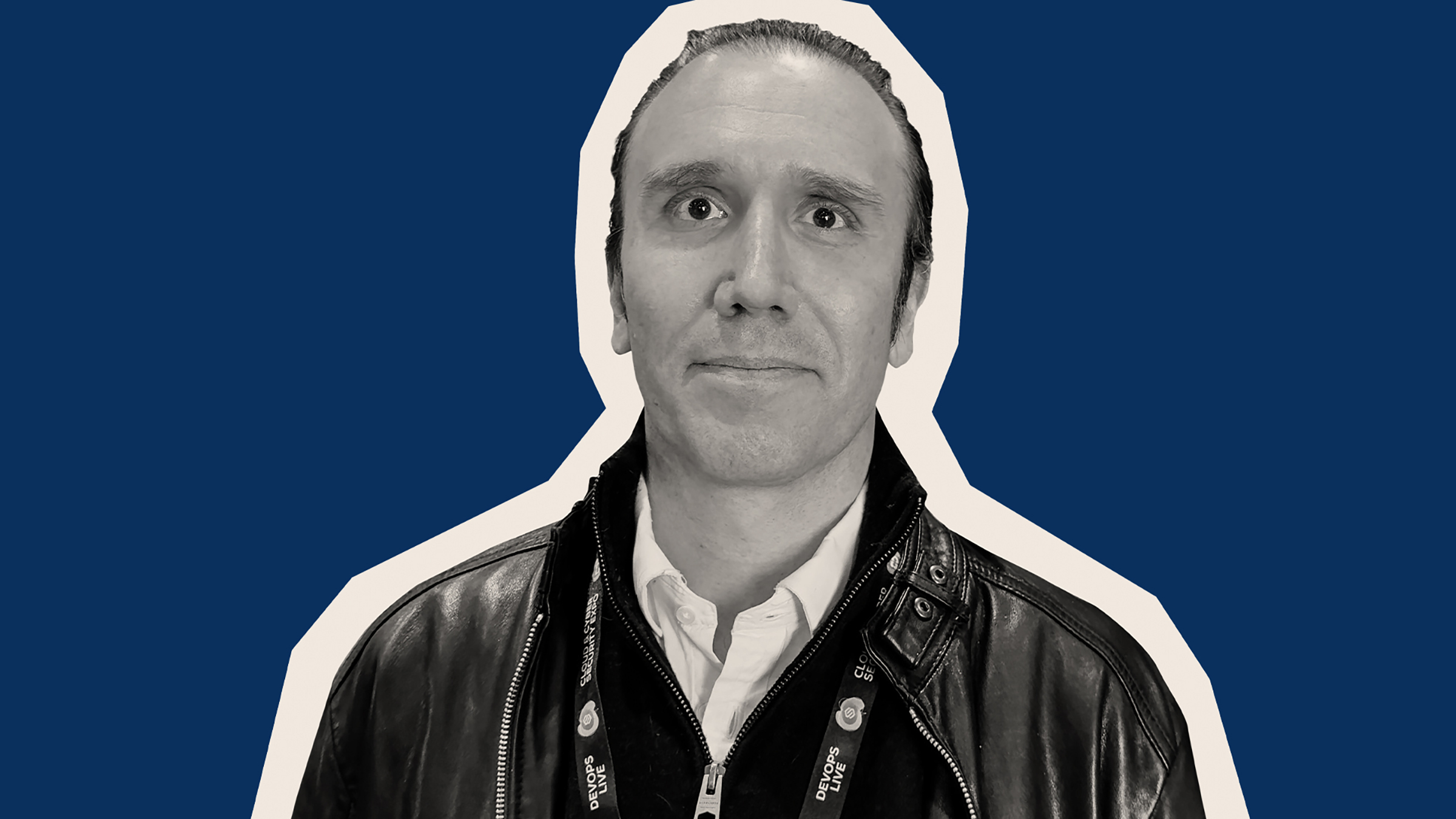
Communications specialist Tom Laranjo shares advice on how to integrate artificial technology into the workplace

